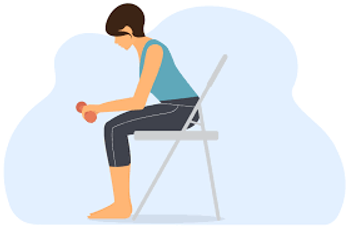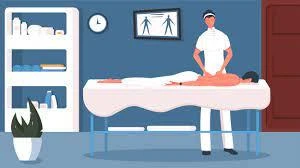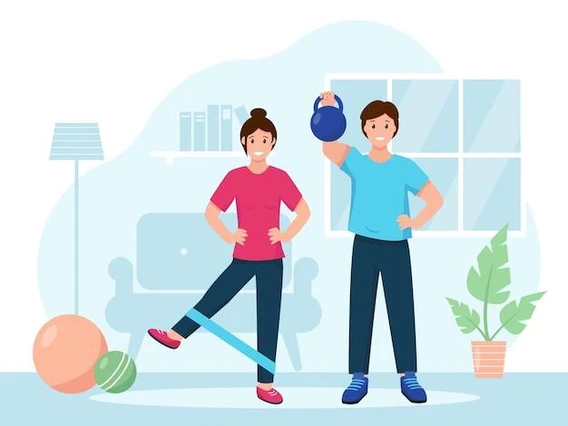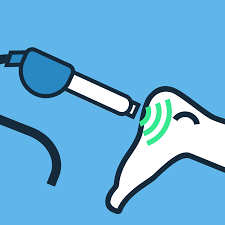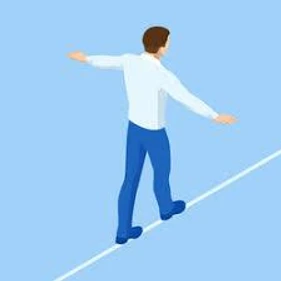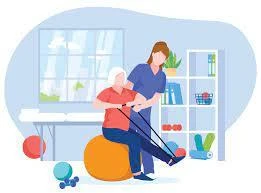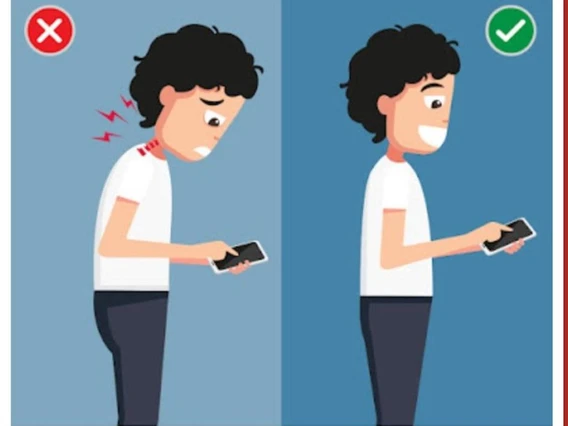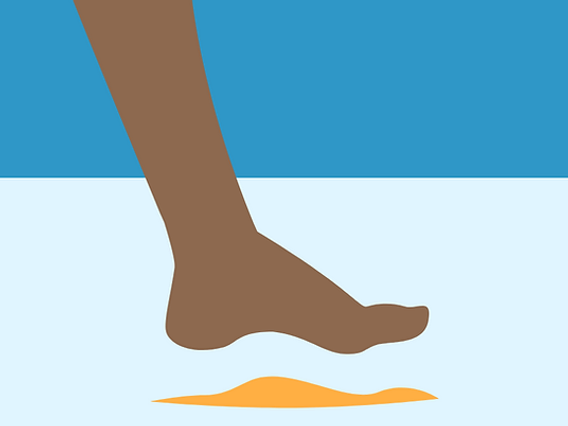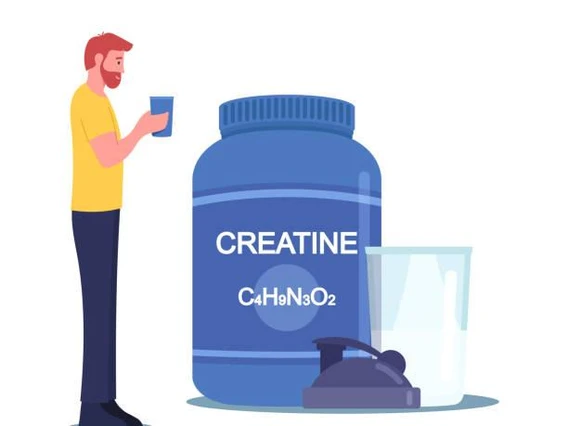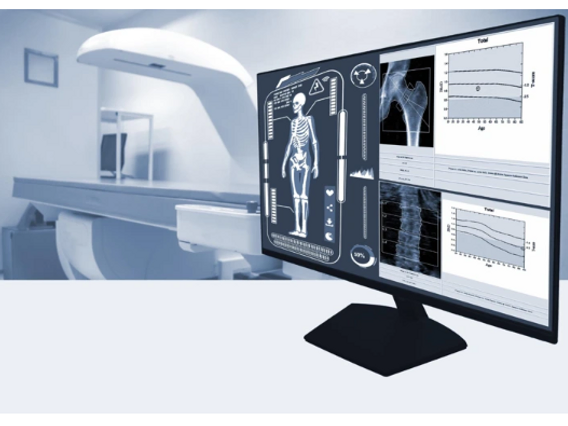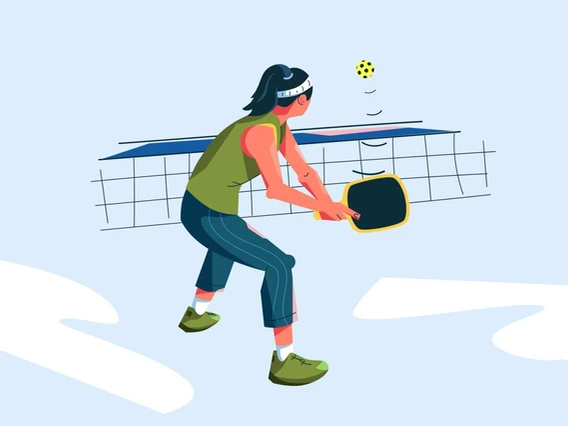What is Acupuncture?
Acupuncture is a traditional Chinese medicine (TCM) practice that involves inserting thin needles

into specific points on the body to stimulate energy flow, known as “Tai chi”. This ancient healing technique is based on the concept of balancing the body’s vital energy to promote health and alleviate various physical and mental conditions.
Key features of acupuncture include:
1. Meridians and Acupoints: In traditional Chinese medicine, the body is believed to have a network of energy channels called meridians through which qi flows. Acupoints are specific points along these meridians where the flow of qi can be influenced. Acupuncture needles are inserted into these acupoints to restore the balance of qi.
2. Needle Insertion: Acupuncture needles are typically thin, solid, and made of stainless steel. They are inserted into the skin at varying depths, depending on the specific condition being treated and the location of the acupoint. The needles are usually left in place for a certain period, ranging from a few minutes to around 30 minutes.
3. Qi Flow and Balance: According to traditional Chinese medicine principles, illness and discomfort arise when the flow of qi is disrupted or unbalanced. By stimulating specific acupoints, acupuncture aims to restore the harmonious flow of qi, promoting overall well-being and addressing specific health issues.
4. Conditions Treated: Acupuncture is used to address a wide range of conditions, including pain management (such as back pain and arthritis), stress and anxiety reduction, digestive issues, headaches, and various other physical and mental health concerns. It is often employed as part of a holistic approach to healthcare.
5. Holistic Approach: Traditional Chinese medicine views the body as a whole, and acupuncture is often used as part of a holistic treatment plan. Practitioners consider factors such as lifestyle, diet, and emotional well-being in addition to the specific symptoms presented by the individual.
6. Electroacupuncture and Other Variations: In addition to traditional acupuncture, variations
such as electroacupuncture, acupressure, and laser acupuncture have been developed. Electroacupuncture involves the application of a small electric current to the needles to enhance the stimulation of acupoints.
7. Safety and Regulation: When performed by trained and licensed practitioners, acupuncture is
generally considered safe. It’s important to seek treatment from qualified professionals who use sterile, disposable needles. Many countries have established regulations and standards for acupuncture practice to ensure safety and efficacy.
While acupuncture has gained acceptance in many parts of the world and is often used alongside conventional medical treatments, it’s essential to consult with a healthcare professional before starting acupuncture therapy, especially if you have underlying health conditions or are taking medications.
Additionally, communication with the acupuncturist about your health history and any concerns is crucial for a safe and effective experience.


